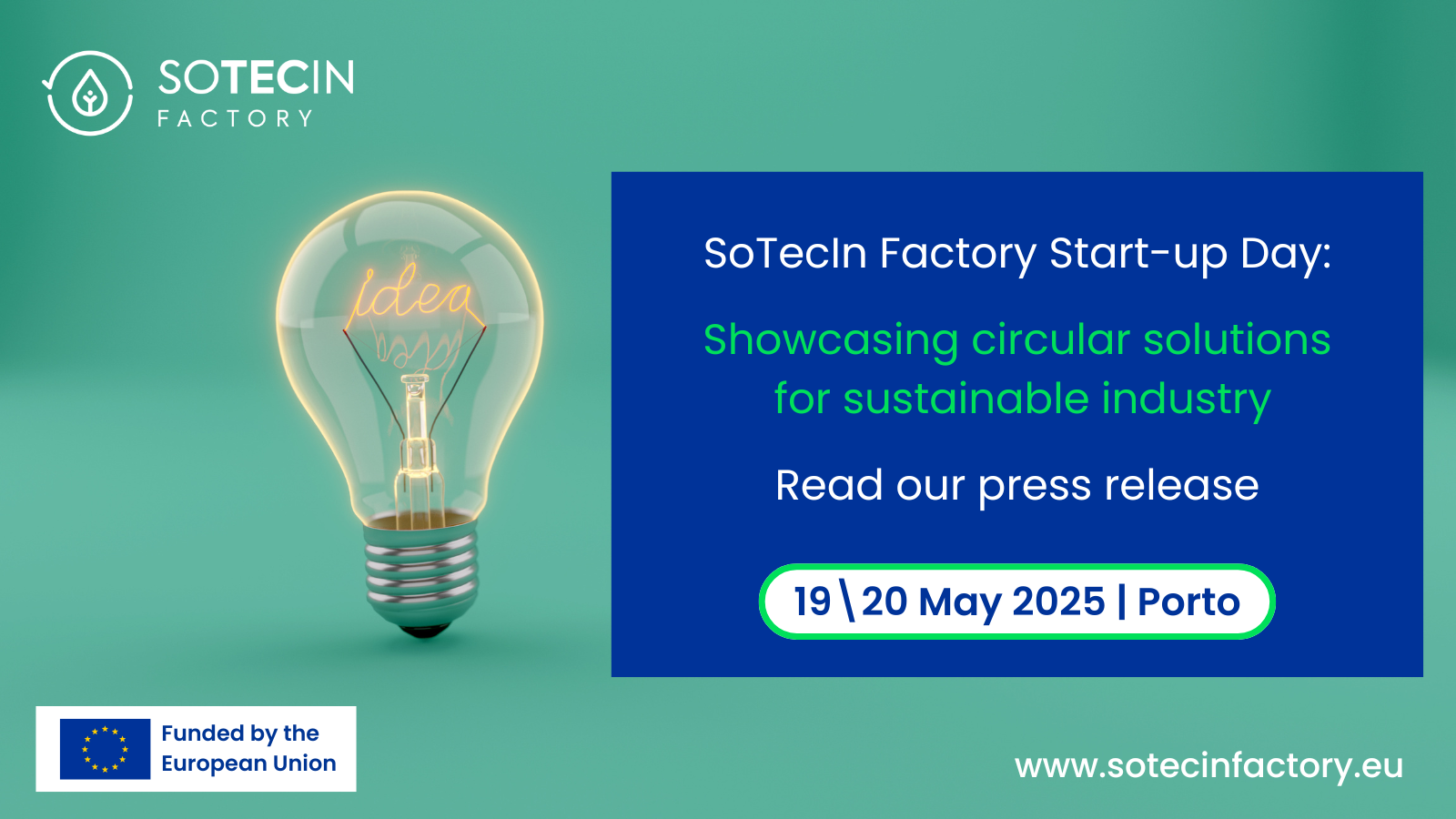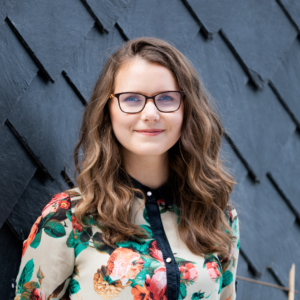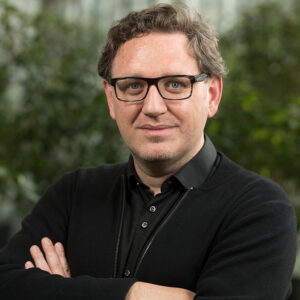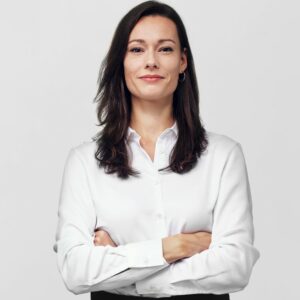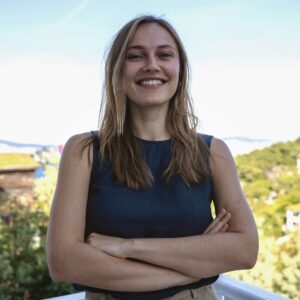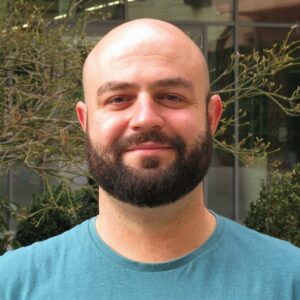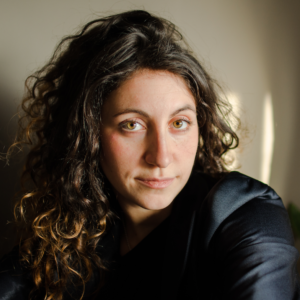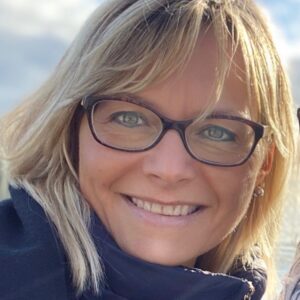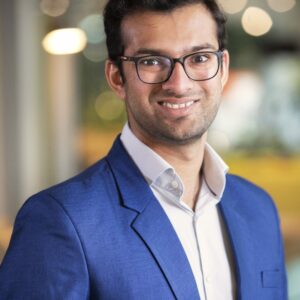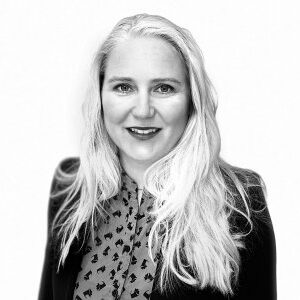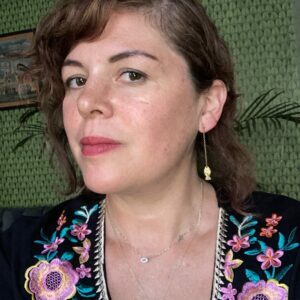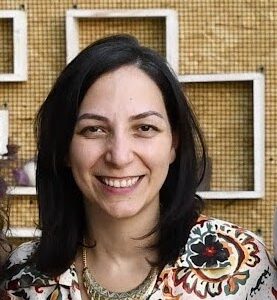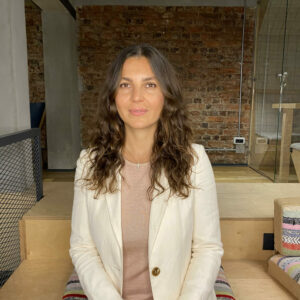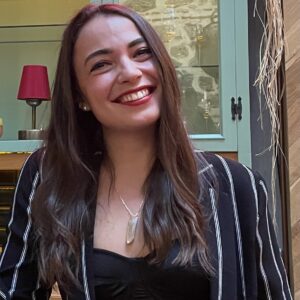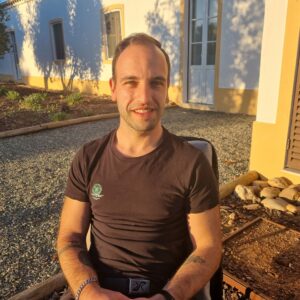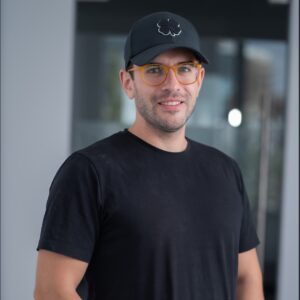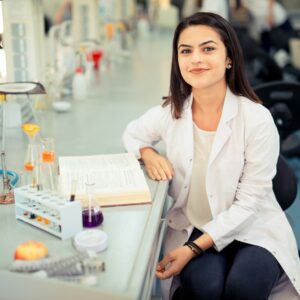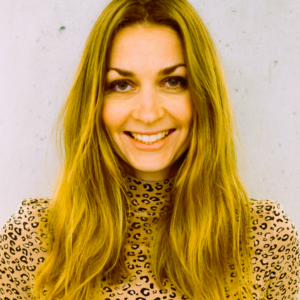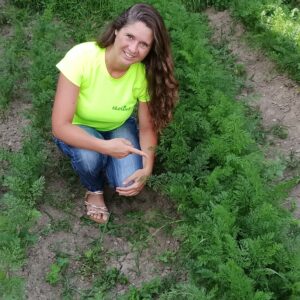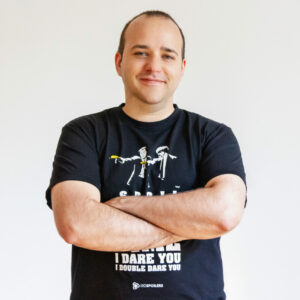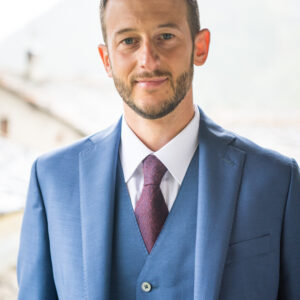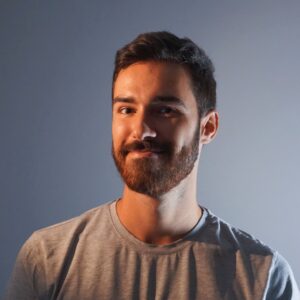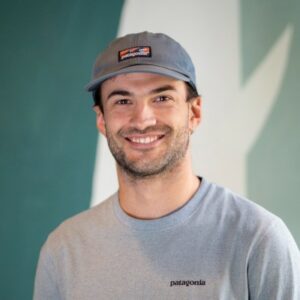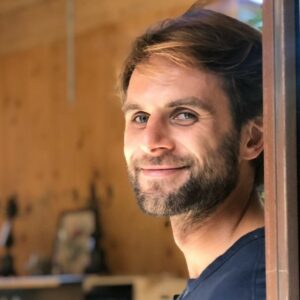
Waving Change: Ocean Package Insights from SoTecIn Factory Phase 1
Find out more about The Ocean Package, their Phase 1 experience and mission for circular industry transformation, as one of SoTecIn Factory Open Call 1 Phase 2 winners receiving up to EUR 85K funding for the pre-market tech demonstration of their social innovation solution.
Can you briefly explain your solution and its key mission? What is your current business model?
The Ocean Package is a circular packaging solution designed to reduce environmental impact by utilizing recycled ocean-bound plastics. Our mission is to tackle plastic pollution, promote circularity in packaging, and create a sustainable future for both businesses and consumers. We focus on reusability and recyclability, ensuring transparency and efficiency in waste reduction.
Our key mission is to revolutionise the packaging industry by offering sustainable alternatives to single-use plastics. We aim to close the loop on packaging waste by incorporating around 70% recycled plastic into new products and ensuring that these packages can be reused or recycled, contributing to the global effort to reduce waste, particularly in oceans.
The Ocean Package operates under a B2B model, partnering with e-commerce companies, logistics providers, and retailers to replace traditional single-use packaging with our sustainable, reusable solutions.
What long-term, systemic change do you aim to achieve in the industry? How has the SoTecIn Factory program, particularly Metabolic’s workshop on building systemic impact strategy, influenced your approach to triggering that change?
Our goal is to transform the packaging industry from a linear, wasteful model to a fully circular and sustainable one. We want to create a system where packaging is continuously reused or responsibly recycled, eliminating the concept of “waste.” By integrating ocean-bound plastics into new packaging solutions and utilizing technology for tracking and transparency, we aim to drastically reduce the environmental footprint of the e-commerce and logistics sectors.
The SoTecIn Factory program, especially the workshop and mentorship on building a systemic impact strategy by Metabolic, has been instrumental in refining our approach to creating lasting change. The program taught us how to map the entire value chain and identify key leverage points where our solution can create the most impact. We’ve learned to view the packaging issue not just as an isolated problem but as part of a larger, interconnected system involving raw material sourcing, production, consumption, and waste management.
Our systemic impact strategy focuses on: Collaborating with stakeholders across the supply chain, from material suppliers to end-users; Using our tracking software to provide data on packaging lifecycles, which helps our partners and customers make informed sustainability decisions. We are most proud of the Scalability by designing a model that can be easily replicated across industries and geographies.
In Phase 1, you joined workshops and mentoring to boost your capacity for systemic impact in the EU’s circular industry. What valuable skills, tools, or connections did you gain, and which parts were most helpful?
One of the most valuable skills we gained was a deeper understanding of systems thinking. By mapping out the packaging lifecycle and identifying leverage points, we learned how to approach the transition to a circular economy more holistically, looking beyond our own operations to consider the full supply chain.
The introduction to impact measurement tools was particularly helpful. We now have a clear framework for tracking, evaluating, and communicating the environmental impact of our packaging solutions, which will be essential in scaling our efforts across different markets and industries. The connections made during the program, particularly with circular economy experts and like-minded ventures, have opened new doors for collaboration. Networking within this community has broadened our reach and given us access to potential partners across the EU.
The mentorship sessions provided us with tailored advice on refining our business model and growth strategies. Having experts guide us through specific challenges in the circular packaging space was immensely valuable. The systemic impact strategy workshops hosted by Metabolic were game-changing. They helped us articulate how our innovation fits into the broader EU goals for circularity and sustainability, providing a long-term roadmap for change. The combination of these tools, skills, and connections has positioned us to make a greater systemic impact as we move forward.
In your view, what support do social impact ventures with circular economy strategies need to be impactful and resilient? Has SoTecIn Factory Phase 1 provided any insights to improve your business sustainability?
Ventures focused on social impact and circular economy strategies need a combination of financial, technical, and strategic support to be both impactful and resilient. Circular economy ventures often require up-front investment in research, technology, and infrastructure. Flexible funding, tailored to the unique challenges of sustainability-focused businesses, is essential to cover the initial costs and ensure long-term viability.
Guidance from experts in sustainability, policy, and business strategy is key. Mentorship, like the one provided in SoTecIn Factory, can help ventures navigate the complexities of scaling their solutions while maintaining a strong social and environmental impact. Circular economy ventures thrive when they are part of a larger ecosystem. Support in forming strategic partnerships, particularly with policymakers, industry leaders, and other social impact ventures, is critical for accelerating systemic change. A clear understanding of the regulatory landscape is essential. Support in navigating EU policies, obtaining certifications, and aligning with sustainability standards can help ventures remain compliant and competitive.
One of the most valuable insights we gained from Phase 1 was the importance of resilience planning. We learned how to build flexibility into our business model, ensuring that our supply chains and operations can adapt to unexpected challenges while still delivering impact. The workshop on impact metrics has also helped us create stronger internal structures for tracking our sustainability goals, ensuring we stay focused on both financial health and social impact in the long term. This multi-faceted support is essential for ventures like ours to thrive in a constantly evolving circular economy landscape.
In Phase 1 of SoTecIn Factory, you co-developed your solution with a Market Validator, an industry actor and potential customer. How did this refine your solution and enhance your understanding of sustainable industry challenges? How will it prepare you for building and testing your Phase 2 demonstrator?
Co-developing our solution with a Market Validator during Phase 1 of the SoTecIn Factory program was a pivotal experience. Engaging with an industry actor who serves as a potential customer allowed us to refine our solution by addressing real-world pain points and gaining deeper insights into the sustainability challenges within and outside our industry.
Through this collaboration, we gained a better understanding of the specific regulatory and logistical barriers faced by potential customers when transitioning to sustainable solutions. These insights are crucial for developing strategies to overcome common bottlenecks in implementing circular packaging systems.
The Market Validator emphasized the importance of demonstrating measurable impact, which pushed us to focus more on refining our sustainability metrics. This will ensure our packaging solutions not only meet environmental goals but also provide clear, quantifiable benefits to potential customers. Looking ahead to Phase 2, this co-development process has laid the groundwork for building and testing our demonstrator.
What inspired you to adopt social initiatives in your business? Was there a specific moment or experience that sparked this decision?
The inspiration to adopt social initiatives in our business came from a growing awareness of the environmental crisisand the social responsibility businesses hold in driving change. A pivotal moment occurred when we realized the staggering amount of waste generated in the packaging industry, particularly in e-commerce, and its direct impact on resource depletion.
A specific experience that sparked our decision was our engagement with various stakeholders during an environmental summit, where we heard firsthand from environmental activists and communities affected by plastic waste. Seeing the devastating effects of pollution on ecosystems and communities motivated us to create a solution that would not only address environmental challenges but also contribute to social welfare, such as improving livelihoods through better waste management and material recovery systems.
How do you stay focused on your mission for a sustainable industry, and how has the SoTecIn Factory program supported you? Additionally, what were your key takeaways from the Phase 1 Steward Ownership workshop, and why is it an important governance approach for mission-driven businesses, even if you haven’t adopted it?
Staying focused on our mission for a sustainable industry requires us to constantly remind ourselves of the impact we aim to create, not just in terms of profits, but on people and the planet. We do this by aligning every business decision with our core values, ensuring that sustainability is integrated into our processes, from product development to supply chain management.
The SoTecIn Factory program has been instrumental in helping us refine this focus. The mentorship, particularly around building a systemic impact strategy, has provided us with tools to evaluate and measure the long-term impact of our business on the circular economy. The program has also connected us with like-minded ventures and industry validators, which has reinforced our belief that collaboration is key to driving widespread change.
As for the Steward Ownership workshop in Phase 1, one of our key takeaways was understanding how alternative governance models can protect a company’s mission. Steward Ownership promotes responsibility and transparency, ensuring that the company’s mission remains at the forefront, rather than being driven solely by shareholder profits. This approach is essential for mission-driven businesses, as it embeds purpose into the company’s DNA, making it resilient to external pressures. Even though we haven’t directly adopted Steward Ownership, we recognise its value and are considering incorporating elements of it as we grow, to ensure that our mission of circularity and sustainability remains untouchable over time.
Balancing your mission with personal well-being can be challenging for social entrepreneurs. What’s your secret ingredient to achieving this balance? Are there any tips, tricks, or tools from the SoTecIn Factory Program—whether from webinars, mentorship, or informal chats—that you’d share with other innovators?
Balancing a mission-driven business with personal well-being is definitely challenging, but the key for us has been to set clear boundaries and maintain consistent routines. While it’s easy to get fully absorbed in work that you’re passionate about, We’ve learned that rest and reflection are just as crucial for staying effective and resilient. One of our go-to practices is carving out dedicated time for things outside of work—whether it’s exercising, spending time with family, or simply unplugging from technology. This helps us recharge and come back to my work with a clearer mind and renewed energy.
From the SoTecIn Factory Programme, a valuable tip we picked up was the importance of peer support. The informal coffee chats and mentorship sessions highlighted the value of sharing challenges and learning from others’ experiences. Knowing that we are not alone in the ups and downs of running a social enterprise is incredibly comforting. The workshops on systemic impact also emphasised taking a long-term view, which helps reduce the pressure to solve everything at once, allowing for a healthier work-life balance.
One trick we embraced from the programme is using mindfulness techniques to stay grounded during high-stress moments. Whether it was a tool shared in a webinar or advice from a mentor, these techniques have helped us maintain perspective when the challenges of social entrepreneurship start to feel overwhelming. Our advice to other innovators is simple: take care of yourself, because a sustainable business can’t exist without a sustainable founder.
For the end, what are your expectations of Phase 2 of the SoTecIn Factory programme? What are your general goals for the next 6-12 months?
In Phase 2 of the SoTecIn Factory programme, our main expectation is to deepen the collaboration with industry partners and take our demonstrator to the next level. We are excited to build on the work from Phase 1 and actively test our circular packaging solutions in real-world settings, integrating feedback from potential customers and stakeholders to ensure the product’s viability and impact.
Over the next 6-12 months, we aim to: Launch our demonstrator and fine-tune it based on market feedback; Strengthen partnerships with key industry actors to scale our solution beyond pilot projects; Further develop our sustainability metrics, ensuring we can measure and communicate the positive environmental impact of our innovations; Continue engaging with policymakers and stakeholders across Europe to align our solution with evolving regulations around circularity and sustainability.
Overall, our goal is to ensure that The Ocean Package becomes a leading example of how circular economy solutions can drive significant, measurable impact, while also being scalable and accessible for wider adoption.

